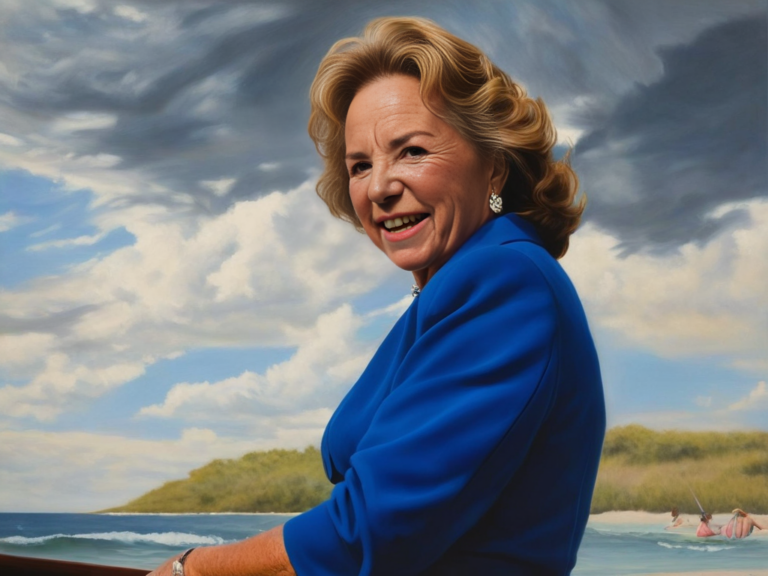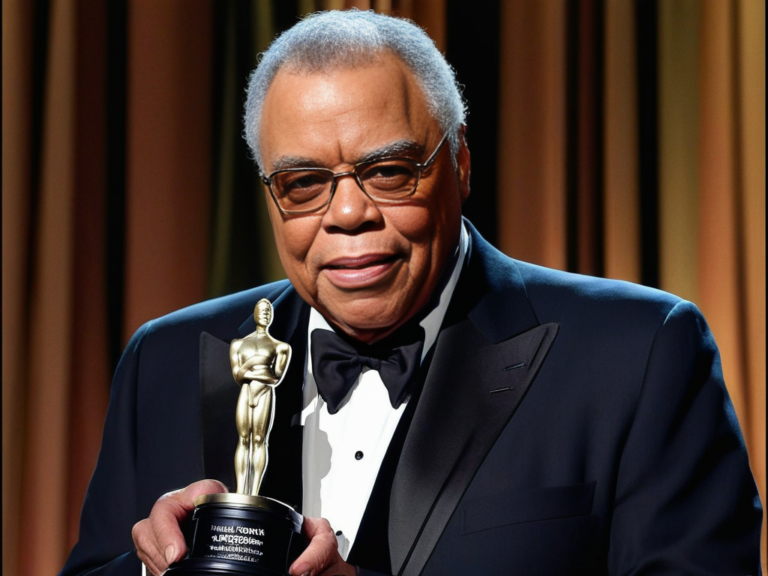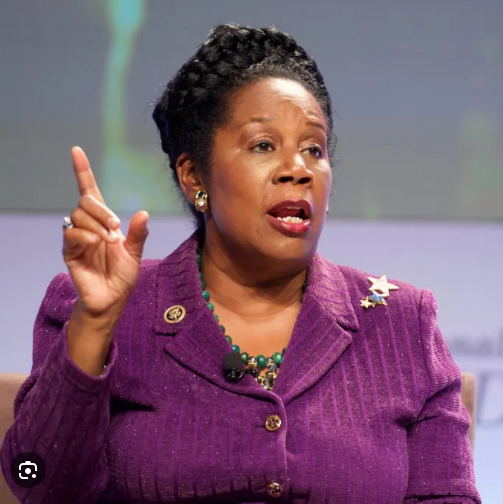We mourn the passing of Terry Anderson, a remarkable journalist whose passion and dedication to journalism left an indelible mark on the world. Terry Anderson, the former chief Middle East correspondent for The Associated Press, passed away peacefully at 76.
Terry Anderson’s career in journalism spanned over four decades, during which he covered some of the most pivotal events in modern history. With a keen eye for detail and a deep commitment to truth and integrity, he brought stories from the frontlines to millions of readers around the world. His fearless reporting set a standard for excellence in journalism, and his work served as a beacon of truth in times of turmoil and uncertainty.
Terry Anderson’s Life
Born on October 27, 1947, in Lorain, Ohio, Terry Anderson’s early years were marked by a sense of curiosity and a thirst for knowledge. His passion for storytelling and uncovering the truth led him to pursue a career in journalism, where he quickly made a name for himself as a talented and insightful reporter. After graduating from Ohio University with a degree in journalism, Terry Anderson began his illustrious career as a foreign correspondent, covering conflicts and humanitarian crises across the globe.
In 1983, Terry Anderson joined The Associated Press as the chief Middle East correspondent, a position he held for nearly seven years. During his time in the Middle East, he covered some of the most significant events in the region’s history, including the Lebanon Civil War, the Iran-Iraq War, and the Gulf War. His reporting was marked by its depth, accuracy, and compassion as he highlighted the stories of those affected by conflict and oppression.
One of Terry Anderson’s most notable accomplishments was his coverage of the Lebanon Hostage Crisis, during which he was kidnapped and held hostage by Hezbollah for more than six years. Despite the unimaginable hardships during his captivity, he never wavered in his commitment to journalism and the pursuit of truth. His resilience and determination in the face of adversity inspired countless journalists and readers worldwide, earning him the admiration and respect of his peers.
Throughout his career, Terry Anderson’s reporting shed light on the human cost of war and conflict, giving voice to the voiceless and holding those in power accountable. His work was characterized by compassion, empathy, and unwavering dedication to the truth. He was a beacon of integrity in an industry often fraught with challenges and ethical dilemmas, and his legacy as a journalist and a humanitarian will continue to inspire generations to come.
Not only was Terry Anderson a distinguished journalist, but he was also a loving father, husband, and friend. His warm personality, sense of humour, and generosity were known to everyone who knew him. He was a pillar of support and guidance in times of need, always ready to lend a helping hand. His kindness and compassion touched the lives of everyone he met, leaving an indelible mark on their hearts.
As we grieve Terry Anderson’s death, we celebrate his legacy of courage, integrity, and compassion. His unwavering dedication to journalism and the pursuit of truth will forever serve as a beacon for those who aspire to follow in his footsteps. We are profoundly grateful for his profound impact on the world of journalism and the lives of those he touched, and we will always carry his memory in our hearts.
On March 16, 1985, Anderson had just finished a tennis game when he was abducted from the street in Beirut, placed in the trunk of a car, and taken to a secret location where he was imprisoned. For the next six years and nine months, he was held captive, being moved periodically to new sites. His captors were a group of Hezbollah Shiite Muslims who were supported by Iran in supposed retaliation for Israel’s use of U.S. weapons and aid in its 1982–83 strikes against Muslim and Druze targets in Lebanon. He was the longest-held of the Western hostages captured by Hezbollah to drive U.S. military forces from Lebanon during the Lebanese Civil War.
Anderson was released on December 4, 1991, and said he had forgiven his captors.
Anderson was married and divorced three times. He met his first wife, Mihoko “Mickey” Anderson, while a Marine stationed with the Armed Forces Radio and Television Service in Japan. They had one daughter but later divorced. After 1982, he became engaged to Madeleine Bassil, a Lebanese native from a Maronite Christian family; they had one daughter, Sulome Anderson, born in 1985, three months after he was taken hostage. Anderson and Bassil were married after his release but later divorced.
Anderson died in Greenwood Lake, New York, of complications from recent heart surgery.
Rest in peace, Terry Anderson. Your light will continue to shine brightly in our hearts, and in the world of journalism, you so passionately served.







